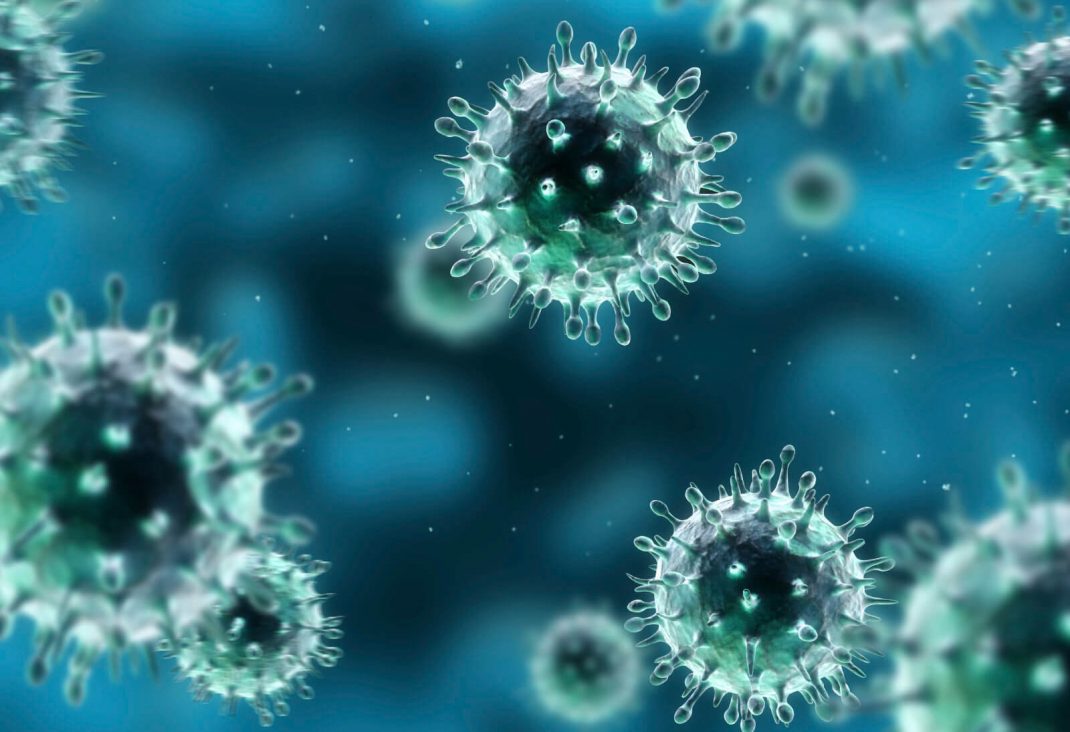OTHER INFECTIOUS DISEASES
Rabies
Transmitted through the saliva of infected animals; fatal if untreated. By the time symptoms appear (thirst and muscle spasms), the disease is in its terminal stage. If you are bitten, wash the wound thoroughly, seek immediate medical care, and try to locate the animal. A rabies vaccine, which consists of 3 shots given over a 21-day period, is available but only semi-effective.
Hepatitis B
A viral infection of the liver transmitted via bodily fluids or needle-sharing. Symptoms may not surface until years after infection. Vaccinations are recommended for health-care workers, sexually active travelers, and anyone planning to seek medical treatment abroad. The 3-shot vaccination series must begin 6mos. before traveling.
Hepatitis C
Like Hep B, but the mode of transmission differs. IV drug users, those with occupational exposure to blood, hemodialysis patients, and recipients of blood transfusions are at highest risk, but the disease also be spreads through sexual contact or the sharing of items like razors and toothbrushes that may have traces of blood on them.
AIDS, HIV, AND STDS
Though Acquired Immune Deficiency Syndrome (AIDS) is a growing problem around the world, it remains relatively uncommon in Turkey. Only about 1000 adults (ages 15-49) in Turkey, 0.01% of the population, were infected with the virus in 2000. HIV is most prevalent in Turkey’s large cities Istanbul, Ankara and Izmir and along the Black Sea coast, where prostitution is more widespread. The Council on International Educational Exchange’s pamphlet, Travel Safe: AIDS and International Travel, is posted on their website,along with links to other resources.
Sexually transmitted diseases (STDs) such as gonorrhea, chlamydia, genital warts, syphilis, and herpes are easier to catch than HIV and can be equally deadly. Hepatitis B and C are also serious STDs (see above). Though condoms may protect you from some STDs, oral or even tactile contact can lead to transmission. Warning signs include swelling, sores, bumps, or blisters on sex organs, the rectum, or the mouth; burning and pain during urination and bowel movements; itching around sex organs; swelling or redness of the throat; and flu-like symptoms. If these symptoms develop, see a doctor immediately.
WOMEN’S HEALTH
Tampons and pads are easy to find in any pharmacy since your preferred brands might not be available, however, you may want to take supplies along. Yeast infection remedies are also not always available. Reliable contraceptive devices will be difficult to find. Women on the pill should bring enough to allow for possible loss or extended stays. Bring a prescription, since forms of the pill vary. Women who use a diaphragm should bring enough contraceptive jelly. Condoms are also hard to come by and are only available in bigger cities.



Leave a Reply